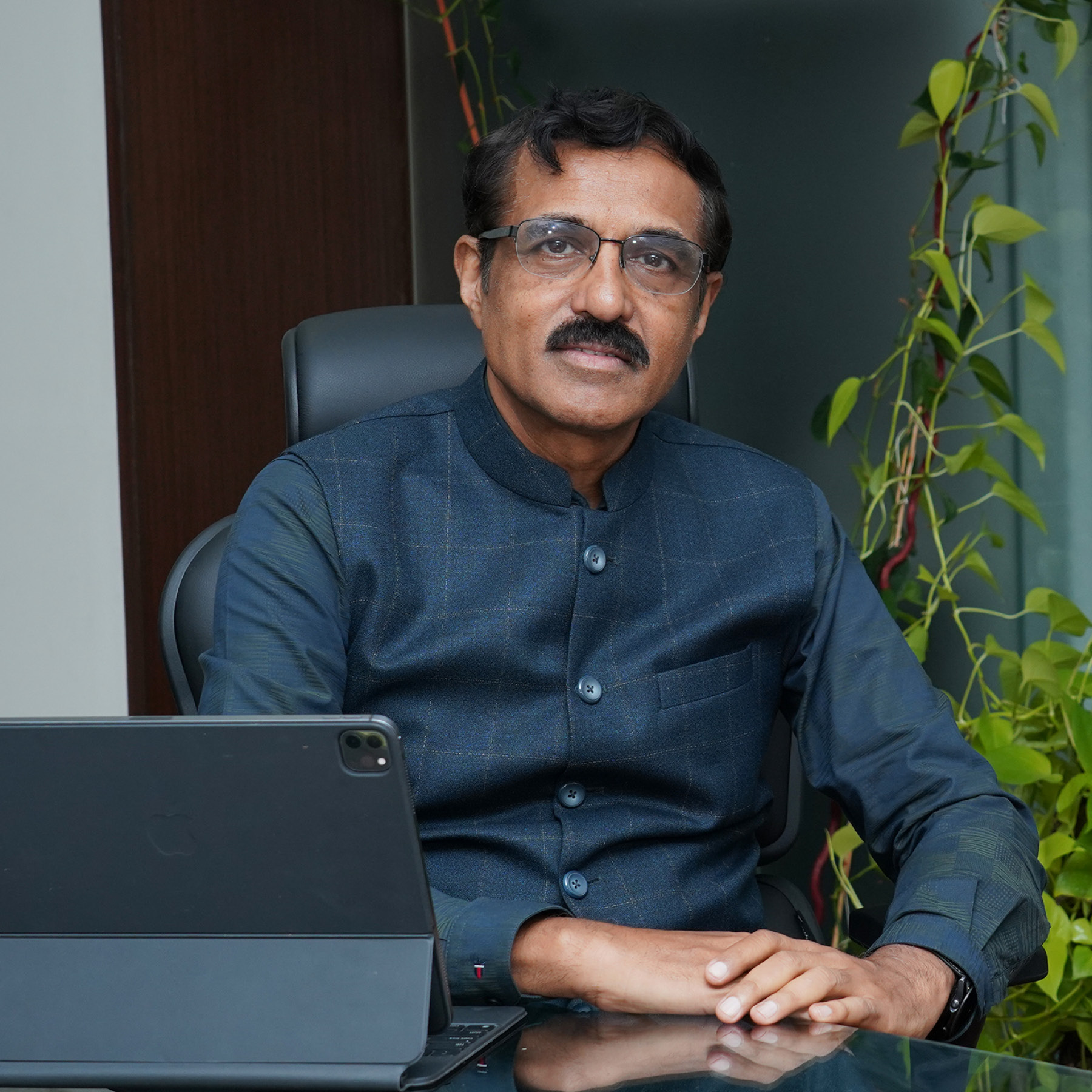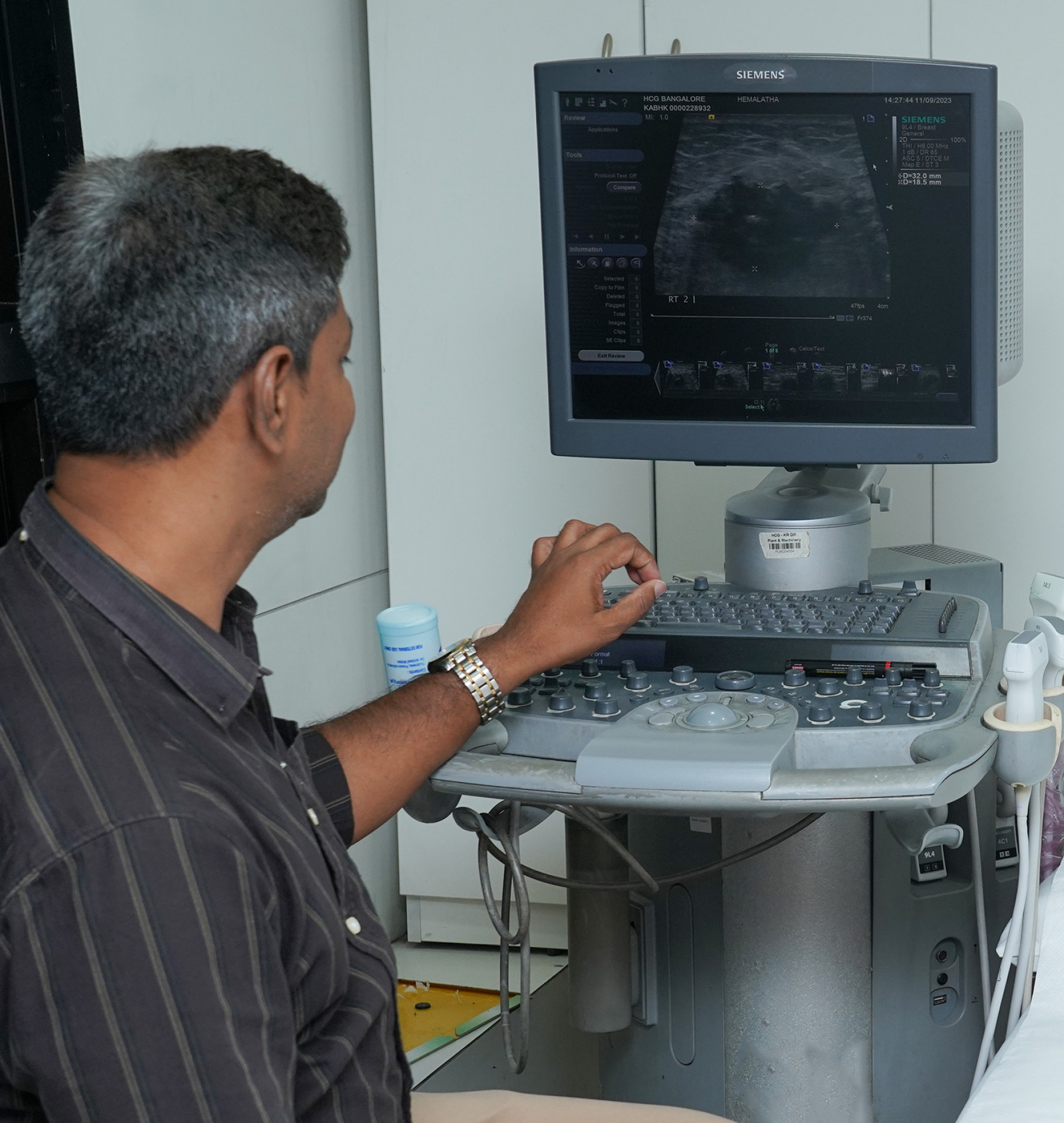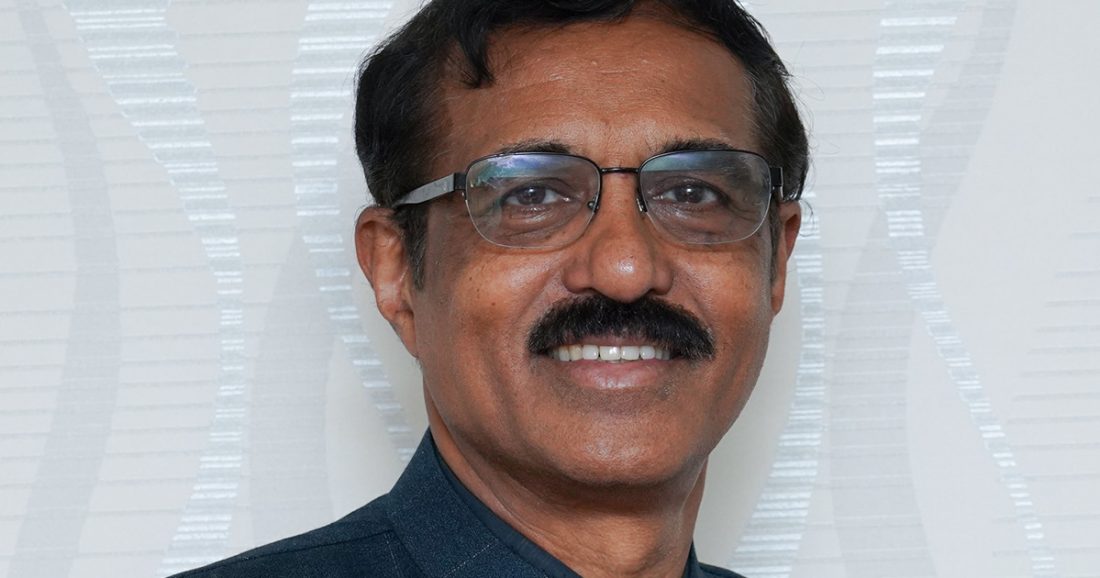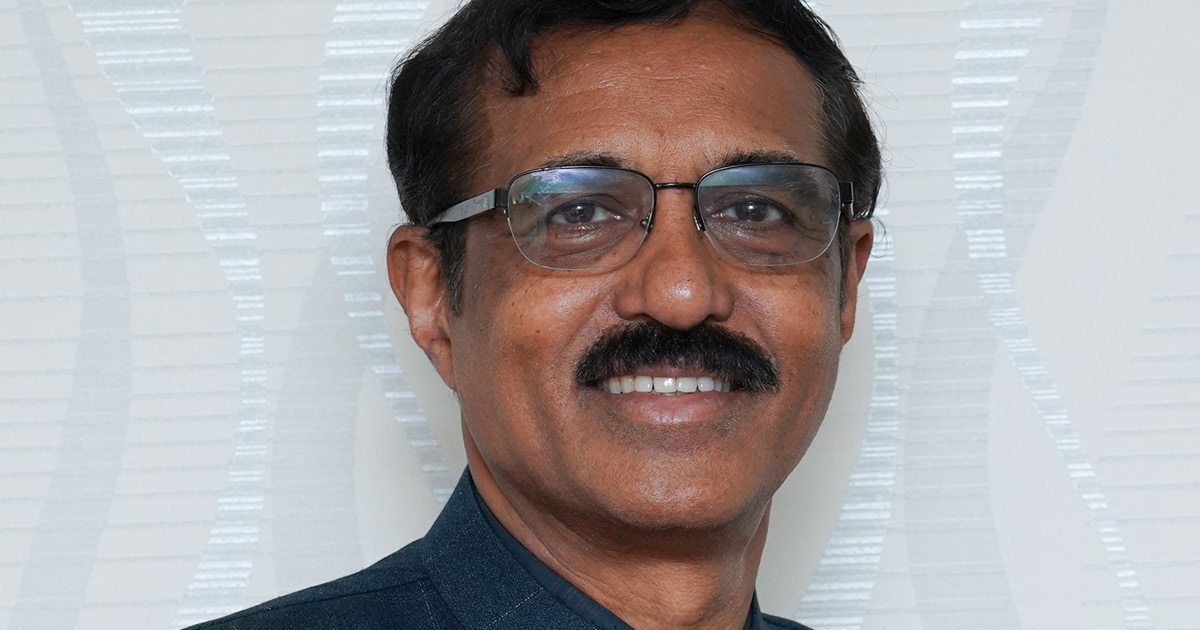From the beginning, BS Ajaikumar wanted to make cancer treatment affordable and accessible to everyone.
“For us, that is the most important thing, it’s not about profit at any cost,” the Executive Chair of HealthCare Global Enterprises (HCG) tells The CEO Magazine.
With this goal in mind, Ajaikumar started a not-for-profit in Mysore, India in 1989, but soon realized the constraints of this location. He decided to build a hub-and-spoke model from Bengaluru instead – whereby there is one main centralized location (the hub) and other smaller spread-out workplaces (the spokes).

“The most important thing in any field of medicine is the outcome of patients.”
This new model allowed him to create a wider net and reach more patients across India, and soon others began to take note.
As HCG kept adding new spokes to its Bengaluru hub, acquisition offers poured in. But Ajaikumar was firm on his singular goal – making HCG an international-standard cancer treatment facility.
“Cancer is cancer. It doesn’t know rich from poor, it only wants to win the battle. So, if we are going to win the battle against cancer, we have to have the right technology, doctors and infrastructure,” he explains.
In 2016, Ajaikumar took HCG public and made the decision to double down on oncology.
Keeping Up with Cancer
HCG has not only grown as a business, but its strategies for staying ahead of diseases that are ever evolving and complex have also expanded.
“The most important thing in any field of medicine is the outcome of patients. Our outcomes are comparable with those of the best cancer centers across the globe such as MD Anderson and Memorial Sloan Kettering, and in some cases, even better,” Ajaikumar says with pride.
“What India lacked until now was the research and publication backup, so this is what I am focusing on. My time is spent on quality of care, enhancing patient outcomes and publication research.”
As more data comes in, HCG is able to provide targeted treatments, including adaptive radiotherapy and immunotherapy to patients, which lower the risks of side effects and improve longevity.
“In terms of patient care with technology, we’re using computational work and AI platforms for continuous radiological data, digital pathology and FAPI therapy,” he explains.
“We work with Illumina to make sure every patient has 500 gene sequences. Eventually, our goal is 90 percent accurate treatment the first time.”
Leaving a Legacy
All of these contribute to the comprehensiveness of HCG’s value proposition, making it one of the most unique oncology centers in the world. It’s hub-and-spoke model has been a case study at Harvard Business School for five years in a row and Ajaikumar claims a year-on-year growth of 35 percent.
However, maintaining the same quality of service across all the centers is a challenge Ajaikumar battles every day. After all, technology can be bought, but it’s also about the people who implement it.
In the next few months, HCG will look to focus on branding and digital marketing to attract more footfall. It’ll also continue to refine multidisciplinary teams consisting of diversified doctors for holistic treatments.
“I reckon the most enduring value proposition of our cancer care is our human touch. We get involved with patients because we have that compassion and trust. That is the greatest advantage HCG has today and I make sure that doesn’t change,” he says.
Part of the reason why HCG has been able to put money back into the system and expand at the same time is because of a large partner network.
While upgrading in 2000 to the now successful hub-and-spoke model, Ajaikumar was quoted a 22 percent interest rate on loans for linear accelerators. But, thanks to a partnership with multinational technology company Siemens, he was able to get a loan of around US$100,000 at only four percent, which kickstarted HCG.
He also devised a pay-per-use model with Elekta to save equipment costs, and pioneered centralized pharmaceuticals to regulate medicine costs and bring transparency.
Thanks to long-standing partnerships, HCG gets priority service, 98 percent uptime and access to the knowledge base for combined research.

“I reckon the most enduring value proposition of our cancer care is our human touch.”
For pharmaceuticals, the supplier pool consists of Roche, AstraZeneca, Pfizer, Alkem, Zydus, Dr. Reddy’s Laboratories and Reliance Life Sciences. For imaging equipment, HCG relies on four key suppliers: Siemens, GE Healthcare, Accuray and Elekta.
“We have great admiration for HCG’s relentless efforts to be at the forefront of leading-edge therapies and technologies in cancer care,” comments key partner KV Subramaniam, Reliance Life Sciences’ President.
Running a healthcare business and carrying out cancer research are not easy tasks, with the end goal constantly evolving and becoming increasingly complex. But Ajaikumar takes it all in stride, steadfast on his mission for accessible and effective treatments for all.





